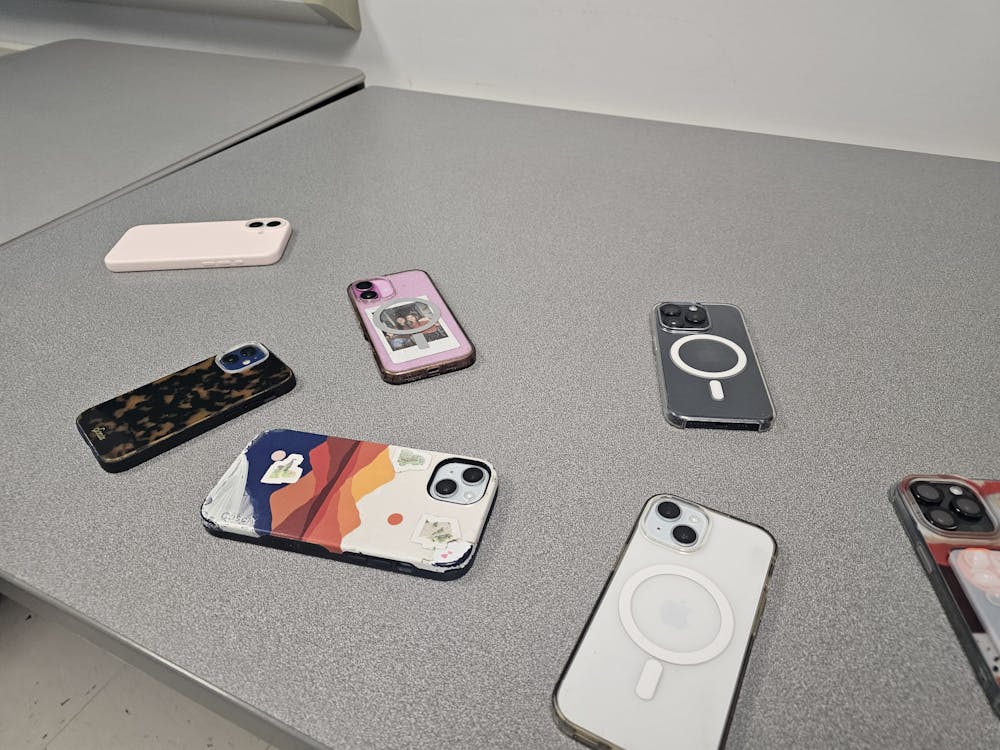“Your father fell. He hit his head and is on his way to hospital. Why are you not picking up?”
“Where did you put the project file? We only have 20 minutes left to submit it.”
“This Dr. Robinson’s office. We have the results of your test back. Please give us a call.”
These are just some examples of messages you do not want to miss. Yet, despite being trusted to take out thousands of dollars in loans, students at Shippensburg University are often not trusted enough to even be able to view these messages if attending class. It is a conflicting message, considering that college is the first taste of independence most young adults have, and administrators often champion just that.
I have noticed the frustration that professors have toward phones has reached a fever point. It seems most classes this year have some form of policy on the device you will be expected to answer for the rest of your life.
Most of the policies have been benign enough: If you are not paying attention, or are causing a disturbance, please leave the class. Fair enough. Others? Not so much.
In escalating order of severity, some others that I have observed or spoken to professors about say the device must be Powered off and put away. Others say it must be surrendered entirely at the beginning of class, and, per one syllabus, “ANYONE CAUGHT TEXTING/PHONING/USING [a phone] AT ANY TIME IN LECTURE WILL HAVE 50 POINTS DEDUCTED FROM HIS/HER GRADE.” Best hope you do not have a job, a group project or a planner app you like.
This level of infantilization seems odd for an institution that trusts students to study in the Czech Republic, South Africa, Taiwan and many other available countries in the study abroad program. I mean, who is watching to see if they are paying attention there?
That incongruity is not the issue, though. In an age where the intrusions of Microsoft Teams and Slack have become a common workplace meme, the message being sent to students is that they will be permitted the privilege to focus on one task or work on a project without interruption. That is not how the professional world works, and students should realize by now that every “boss” they have – be it a professor or future manager – thinks that their time with you should be your number one priority. Too bad only one can hold the top spot at any given time.
However, students are not innocent, and it can be hard to not sympathize with the plight of the professors. If you spend any time observing students’ screens in the classroom, you will quickly realize that they are not using them to update the local meals-on-wheels coordinator of what time they will be available to volunteer this week.
No. Most screens are occupied by equal parts shopping and video games. It’s an expensive way to waste your time and theirs.
In the end, what it shows is a breakdown of the social contract that said these rules are not necessary and students respect the time of the professors whom they are paying for their expertise. The students who spend an entire class watching a Twitch stream should look inward and ask themselves why they choose to be here in the first place, and professors should respect that their students are adults who have responsibilities in their life.




The Slate welcomes thoughtful discussion on all of our stories, but please keep comments civil and on-topic. Read our full guidelines here.